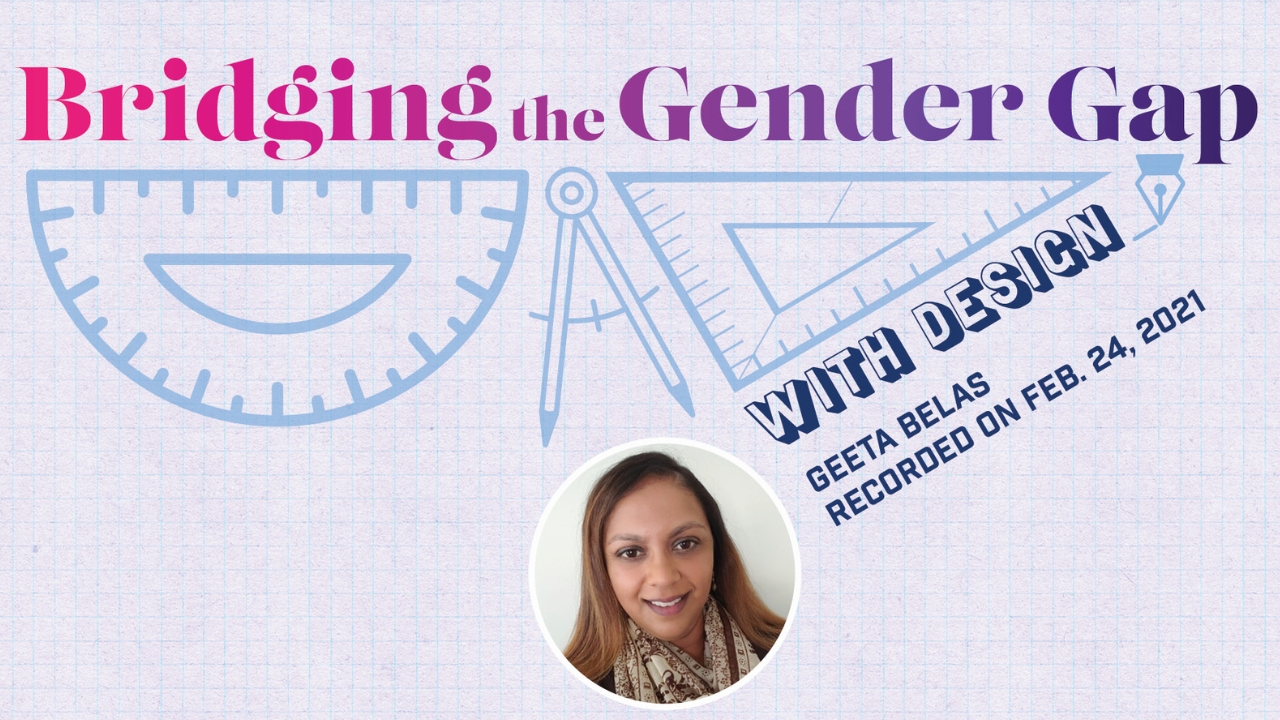Key Stats
1,749 new students in 2020/21 are first-generation women
407 senior academic staff in 2020/21 are female
1,456 out of 3,491 graduates in STEM in 2021 were female
1,205 out of 1,583 graduates in Medicine in 2020 were female
2,766 out of 4,295 graduates in Arts & Humanities/Social Sciences in 2021 were female
Application, Admission and Entry Rates at the University of Alberta from 2016-2023:

research impact
For the period 2018-2022
№ relevant publications: 1,443
№ times cited: 12,392
Source: InCites
Sample Courses
- WGS 390 - Environmental Feminisms and Social Justice
- AUPOL 355 - Gender and Politics
- POL S 441 - Gender and Public Policy
- NS 362 - Indigenous Women
Videos
NEWS
Institutional Stewardship Initiatives
Mentorship for women in STEM
University of Alberta Women in Science and Engineering (UA-WiSE) is a student group that supports all undergraduate students underrepresented in STEM fields. Women in Science, Engineering & Research (WISER) is a group of graduate students and early-career professionals who support the retention and advancement of women and underrepresented groups in STEM.
Together, they run a mentorship program to connect students with mentors in academia and industry. This unique, eight-month program brings together mentorship trios of one undergrad student, one graduate student and one experienced professional. Mentors help develop students’ professional skills, such as professional conduct, negotiation and healthy work-life balance.
Non-Discrimination for Transgender and Gender-Diverse People
The University of Alberta has a non-discrimination policy that fosters and protects a respectful environment for work, study and living and supports dignity and equity for all members of the University of Alberta.
Research institutes, centres & projects
Intersections of Gender
A Signature Area of Research and Teaching at the University of Alberta, Intersections of Gender is an academic hub focused on promoting intersectional gender research, supporting interdisciplinary research collaborations, growing inclusive mentorship and teaching and engaging communities across all sectors on gender and intersectionality.
iSMSS
The Institute for Sexual Minority Studies and Services (iSMSS) conducts timely and often pressing research focused on helping sexual and gender minority youth mediate life in family, school, healthcare and other environments. iSMSS research is intended to advance inclusive policy making as a protective basis for framing and engaging in ethical and informed educational, healthcare, other institutional and community/cultural practices.




